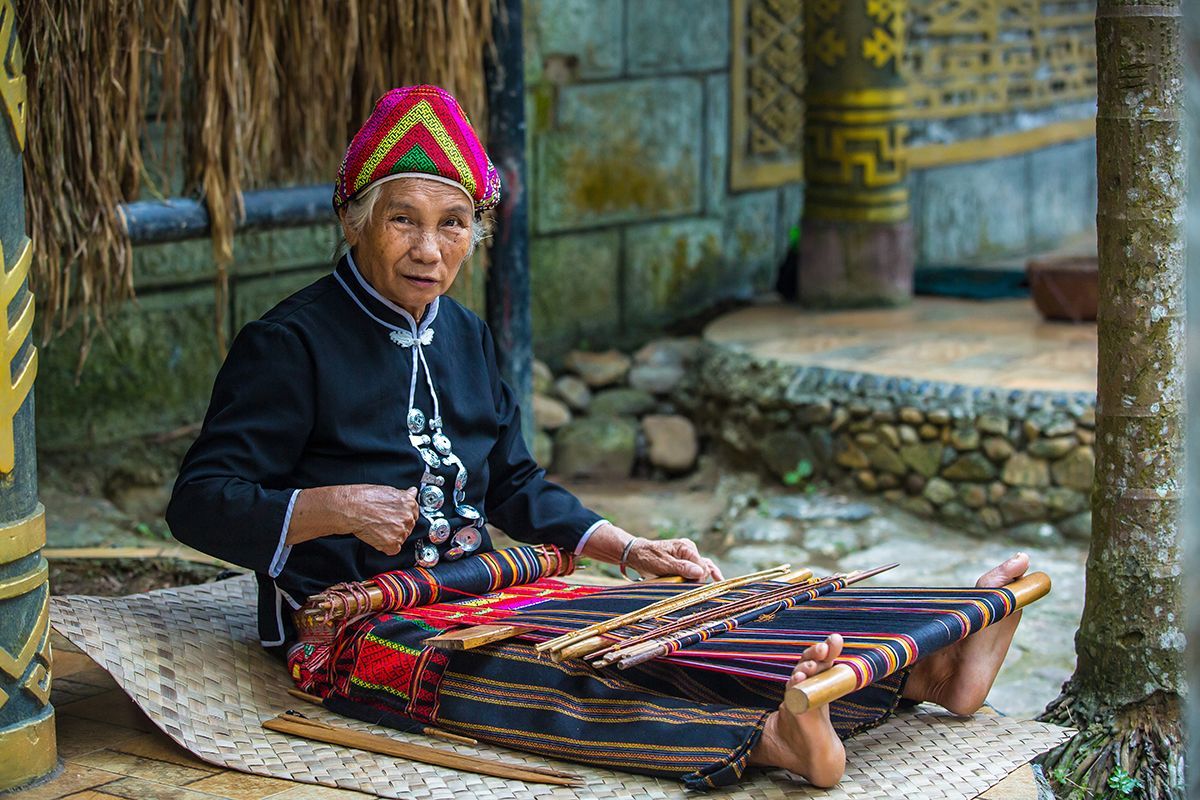© This article is an extract from Paul Hattaway's epic 656-page China’s Book of Martyrs, which profiles more than 1,000 Christian martyrs in China since AD 845, accompanied by over 500 photos. You can order this or many other China books and e-books here.
1900 - Rowena Bird
July 31, 1900
Taigu, Shanxi
Rowena Bird.
In 1884 the Shanxi Mission asked the American Board for more workers. They requested “at least two young ladies earnestly consecrated to general missionary work and willing to do whatever work Providence may open for them.”[1] Three years later the Mission increased their request to 20 new married missionaries and eight single women. Few volunteered, however, and the American Board was only able to send three single women. One of them, Susan Rowena Bird, arrived in China in 1890.
Susan Rowena Bird[2] was born at Sandoval, Illinois, on July 31, 1865. As a child she was frail and subsequently was unable to attend school regularly. Her father, a Presbyterian minister, died when she was 12-years-old. Later, Rowena entered the Oberlin College, where she was described as “attractive…a hard worker and usually bright and chatty. She was also something of a snob.”[3] Many people, including Rowena herself at times, feared she was too physically weak to be a missionary. She pushed on, however, and learned that God can take the weak and use them for his glory. At Oberlin College “she soon proved herself an able and talented student, with…straight A’s in courses as diverse as geometry, Latin, botany, physics, and the science of government.”[4]
Rowena was accepted by the American Board for service in China even before her graduation, and in 1890 (at the age of 25), she sailed for the Orient. Based in the town of Taigu in Shanxi Province, Bird soon found the struggles of life in China overwhelming. There was no privacy, and Chinese people continually interrupted her and looked through her window. Her room had wide cracks in the walls and a door opened out to an open sewer. After her first year of language study the new recruit was physically and emotionally worn out.
Struggling with loneliness, Bird was befriended by fellow missionary Eva Price, who became her “spiritual mother” in China. Rowena never seemed to have a close relationship with Howard and Mrs. Clapp, the leaders of the American Board Mission. Bird’s second year contained more challenges, not the least of which occurred when the Clapps questioned “her faithfulness to her work.” The trouble started when Bird agreed to teach English to a married 20-year-old Chinese Christian named Fei Qihao. The lessons were held in Rowena’s private sitting room, which had caused gossip to spread throughout both the local and mission communities. Rowena “was greatly surprised and felt very badly”[5] after being confronted by the Clapps. From that time on the lessons were held in a room in the Clapps’ home.
Slowly, through trial and error, Rowena Bird blossomed into an effective worker in China. The local people warmed to her, and she was a great help in the opium refuge. When she returned home to America on furlough in 1898, the Board told her she could remain in America until more suitable lodgings were found for her in Taigu. Bird refused, saying she must return to China and “be about my Father’s business.” Rowena Bird arrived back in Taigu before the Boxer Rebellion got underway. Initially, she didn’t take the Boxer threat too seriously, and was caught by surprise on June 24th when there was a riot outside the mission station. Rowena wrote, “I came to Communion and passed through a crowd of two hundred perhaps, quite unconscious of their purpose till they shouted after me, ‘Kill the foreigners.’ No Communion.”[6] The gravity of the situation became clear after news of missionaries being slaughtered in other parts of the province reached Taigu. On July 12th she wrote,
“Dreadful news came to us last eve. It was so dreadful we could not believe it, and hoped to hear it disputed to-day; but it is not. The report is that all of the Taiyuan foreigners—thirty-two…and some thirty Chinese have been massacred, and that by order of the governor. Can it be that God will let one man kill all the missionaries and all the Christians in this province, without let or hindrance? Such news is hard for our people to hear. They have stood by us bravely, but I don’t know how much more they can stand.”[7]
On the following day, July 13th, she wrote to her mother, “I must say good-bye to you all, dear mother and all of you. Our people are scattering. We cannot wonder. I think some of them would die for us if they could thus save us…. Poor people, these are dreadful times for them!”[8]
The expected slaughter of the missionaries at Taigu occurred on July 31, 1900. Rowena Bird was killed on her 35th birthday.

1. Brandt, Massacre in Shansi, 81.
2. To avoid confusion with her mother, also named Susan, she started calling herself by her middle name, Rowena.
3. Brandt, Massacre in Shansi, 81.
4. Brandt, Massacre in Shansi, 82.
5. Brandt, Massacre in Shansi, 85.
6. Edwards, Fire and Sword in Shansi, 296.
7. Edwards, Fire and Sword in Shansi, 293-294.
8. Edwards, Fire and Sword in Shansi, 294.




